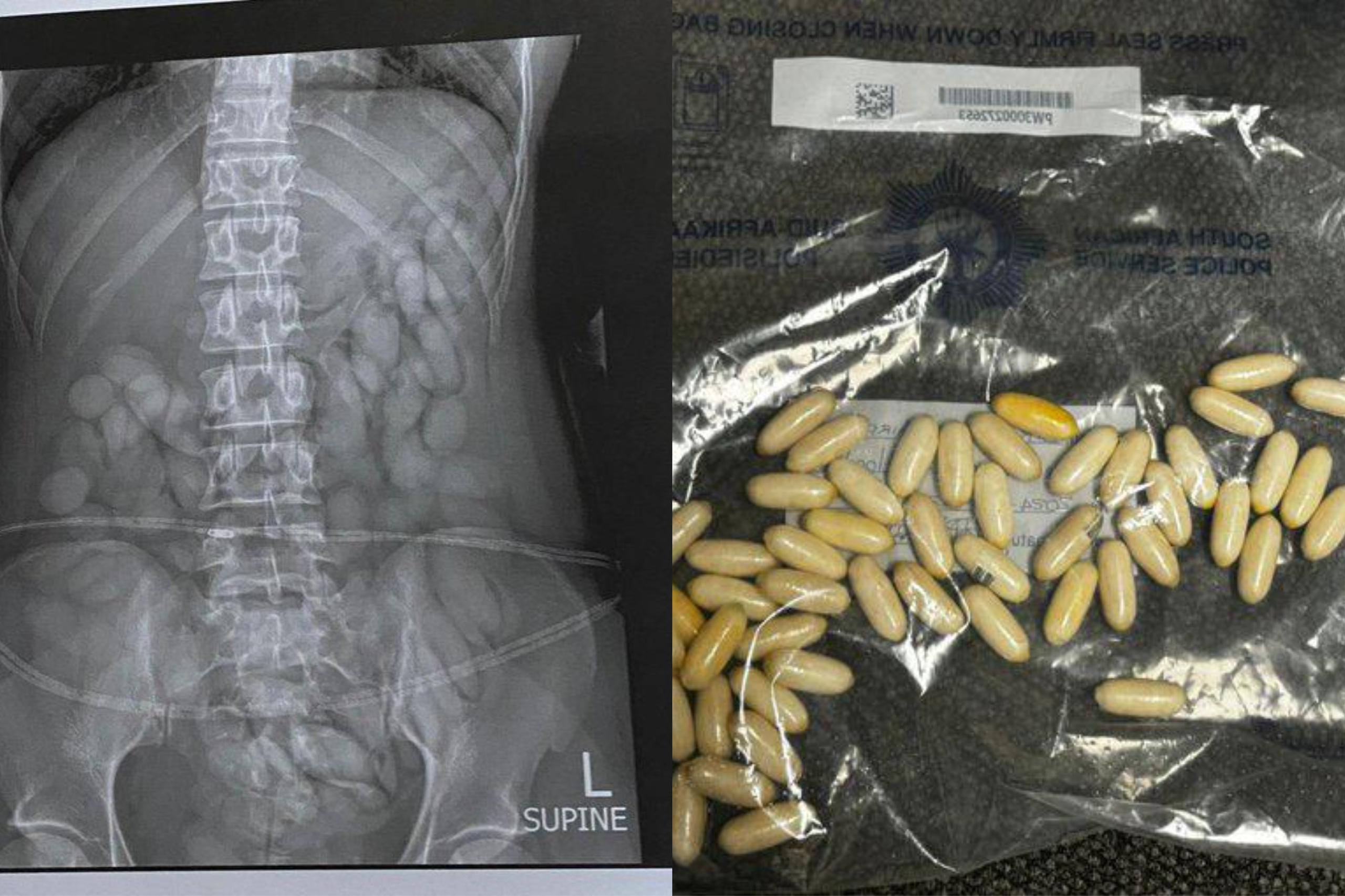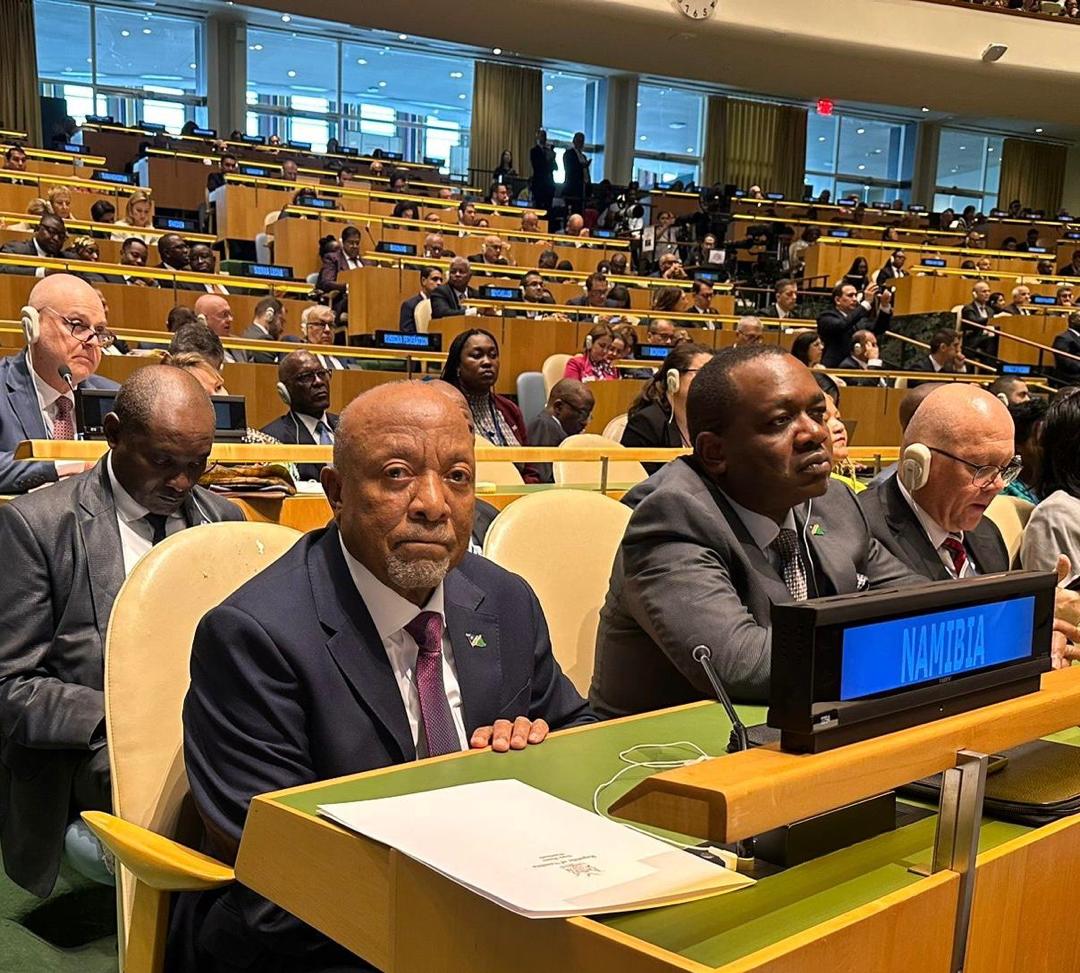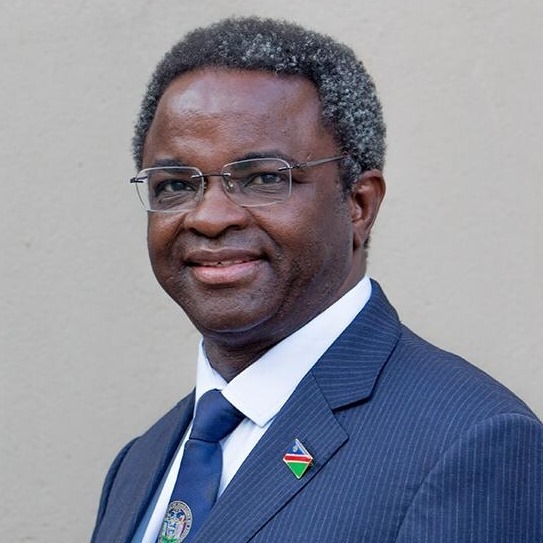HEALTH minister Kalumbi Shangula on Wednesday said the ministry faces a persistent struggle to procure medicines and other pharmaceutical products.
Shangula, who made the remarks while delivering his ministerial statement in the National Assembly, said the ministry is struggling to supply medicines to institutions throughout the country.
“Of late, the procurement system has not been responsive enough to our needs, to the extent that there have been intermittent stock-outs. But what is pleasing is the fact that there are renewed efforts and commitment to address this matter,” he said.
The minister added that various options are being considered to find a long-term solution. Last year, state hospitals countrywide reported that they were out of Perindopril, a drug for controlling high blood pressure, since April, with patients being turned away when they went to hospitals for repeats.
In the Erongo region, a private doctor reported that there had been a shortage of hepatitis A and B medication in private and state hospitals for more than five years. The minister also said there are currently 204 207 people in Namibia who are living with HIV-AIDS, of whom 191 482 know their status.
He added that 184 589 people are on antiretroviral treatment, and 174 806 have their viral load suppressed.
Shangula noted that the ministry is constantly taking measures to control the outbreak of hepatitis E, adding that the responsibility to prevent being infected with the virus lies with every person.
The national surveillance officer in the epidemiology division, Selma Robert Matyenyika, told The Namibian yesterday that as of 10 March, a total of 4 796 hepatitis E cases have been reported. “A cumulative total of 42 deaths have been reported so far, of which 18 are maternal deaths. The last two deaths were reported during the past five weeks,” she said.
She explained that an increase in cases was noted over the past two weeks, compared to the previous weeks, with an increase from 112 to 127, indicating a fluctuation of cases mainly due to the long incubation period of the virus, and also the continued circulation of the virus in the community.
Matyenyika said 24 health workers from all affected regions had been trained in the field of epidemiology to enhance public health surveillance, reporting and case management.
The ministry is also coordinating and working closely with all relevant stakeholders, including local authorities, ministries and entities responsible for water and sanitation.
“Community surveillance and social mobilisation are strengthened by keeping community health workers and Namibia Red Cross Society volunteers in the community to continue giving health education messages on hand washing and other safe hygiene and sanitation practices, as well as early health-seeking behaviour,” she added.
Stay informed with The Namibian – your source for credible journalism. Get in-depth reporting and opinions for
only N$85 a month. Invest in journalism, invest in democracy –
Subscribe Now!






